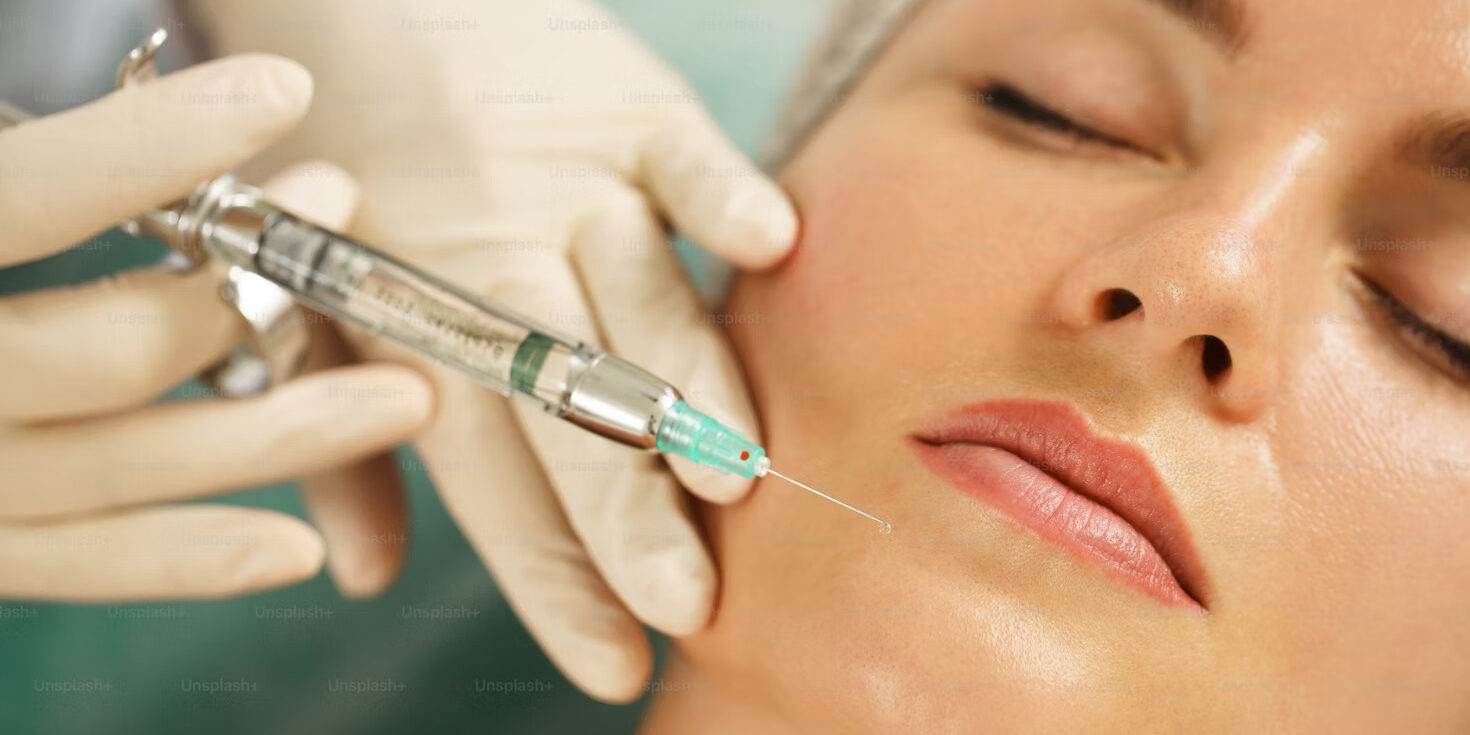Intrigued by the endurance of your Botox regimen? Your quest for answers ends here! Within this comprehensive handbook, we embark on the journey to unravel the query “how long does Botox last?” furnishing you with indispensable insights to optimise your Botox voyage.
Understanding Botox
Botox, the abbreviated form of Botulinum toxin, stands as a sought-after cosmetic remedy for diminishing wrinkles and fine lines. Its mechanism involves temporary paralysis or relaxation of muscles responsible for wrinkle formation, resulting in a smoother, more youthful visage.
Duration of Botox Effects
So, what is the typical longevity of Botox? On average, Botox’s effects endure for approximately three to six months. Nevertheless, individual outcomes may diverge contingent on variables such as metabolism, muscle vigor, and administered dosage.
Factors Influencing Botox Longevity
Within the dental domain, Botox has emerged as a versatile instrument, transcending wrinkle mitigation. Familiarizing oneself with the determinants shaping the persistence of Botox treatments holds paramount importance for both patients and practitioners. Herein, we meticulously examine these factors:
Metabolism and Botox Duration
Metabolism assumes a pivotal role in Botox’s retention within the body. Individuals endowed with brisk metabolic rates may swiftly metabolize Botox, leading to abbreviated efficacy periods. Conversely, individuals with subdued metabolic rates may relish prolonged benefits. Dentists must factor in patients’ metabolic rates when devising treatment strategies and predicting outcomes.
Muscle Strength and Botox Efficiency
The potency of targeted muscles can sway the efficacy and longevity of Botox interventions. Robust muscles may expedite Botox metabolism, resulting in abbreviated effectiveness spans. This facet holds particular relevance in dental contexts where Botox addresses conditions like bruxism (teeth grinding) and temporomandibular joint disorders (TMJ). Dentists should gauge muscle strength meticulously and calibrate dosage and treatment intervals accordingly for optimal results.
Dosage Considerations
The administered Botox dosage exerts a substantial influence on its persistence and efficacy. While elevated doses may yield protracted effects, they entail escalated risks of adverse reactions. Dentists must conscientiously evaluate each patient’s requisites, tailoring dosages to achieve desired outcomes while mitigating potential complications. Additionally, vigilance in monitoring Botox treatment frequencies is imperative to avert overexposure and uphold patient well-being.
Injection Technique and Site Selection
The methodology employed for Botox administration and the selection of injection sites profoundly impact its longevity and efficacy. Dentists possessing adeptness in facial anatomy and injection techniques can precisely target specific muscles, ensuring optimal outcomes. Strategic injection placements facilitate uniform Botox dispersion, sustaining intended efficacy durations. Dentists should remain abreast of cutting-edge injection methodologies to furnish patients with safe and efficacious Botox interventions.
Patient Factors and Treatment Response
Individual patient attributes, encompassing age, gender, and overall health, can shape Botox’s persistence and effectiveness. Younger patients boasting healthier dermal conditions may derive prolonged benefits from Botox, contrasting with elderly individuals harboring underlying health ailments. Dentists should conduct thorough evaluations, accounting for each patient’s unique circumstances when formulating and executing Botox treatments.
Lifestyle and Environmental Influences
External determinants, spanning lifestyle preferences and environmental exposures, can exert sway over Botox treatment durability. Patients leading active lifestyles or partaking in activities accelerating metabolic rates, such as rigorous exercises, may expedite Botox metabolism, necessitating more frequent interventions. Concurrently, environmental factors like sun exposure and smoking can influence skin health and overall treatment outcomes. Dentists ought to edify patients on lifestyle modifications conducive to prolonging Botox benefits and fortifying oral health.
Tips for Extending Botox Results
Although Botox’s effects are transient, adopting certain measures can protract its advantages:
Adherence to Post-Injection Instructions:Complying with healthcare providers’ directives post-Botox treatment, including refraining from massaging the injection site and abstaining from excessive physical exertion, can bolster its longevity.
Hydration Maintenance: Maintaining adequate hydration by consuming ample water pre and post-Botox treatment aids in expelling toxins and preserving skin hydration, augmenting Botox’s endurance.
Utilization of Skincare Regimens: Integrating topical retinoids and hyaluronic acid-infused moisturizers into skincare routines enhances skin quality and extends Botox’s effects.
Avoidance of Alcohol: Eschewing alcohol consumption pre and post-Botox treatment mitigates blood thinning, thereby minimizing bruising and swelling risks.
Sun Protection: Shielding the skin from solar radiation via regular sunscreen application forestalls accelerated Botox breakdown.
Managing Expectations
Tempering expectations is crucial when embarking on Botox endeavors. While efficacious in mitigating wrinkles and fine lines, Botox constitutes a temporary remedy. Grasping its impermanent nature and planning for periodic touch-up sessions facilitates enduring outcomes.
Also read: Can I Have Botox When Pregnant?
Conclusion
In summation, Botox’s duration varies individually but typically spans between three to six months. By heeding post-injection guidance, upholding diligent skin care practices, and embracing wholesome lifestyle habits, one can prolong Botox’s benefits, relishing smoother, more youthful skin for prolonged durations. Remember, while Botox isn’t eternal, with judicious care, its effects can endure beautifully.
Frequently Asked Questions (FAQs)
Can Botox be reversed?
Yes, Botox can be reversed by a qualified healthcare professional to ensure safety and efficacy.
Is Botox safe?
When administered by a trained professional, Botox is generally safe, although potential risks and side effects should be discussed with your provider.
What factors affect Botox longevity?
Metabolism, muscle strength, treatment frequency, post-injection care, skincare, lifestyle, and environmental influences can all impact Botox longevity.
Does Botox hurt?
While Botox injections may cause mild discomfort, most patients tolerate them well. Numbing cream or ice packs can help minimize any pain or discomfort.
What should I avoid after Botox?
Avoid rubbing or massaging the injection site, excessive exercise, and alcohol consumption for at least 24 hours after treatment.
How soon can I see results from Botox?
While some may notice results within days, it can take up to two weeks to see the full effects of Botox treatment.
Can I prolong Botox results?
Yes, by following post-injection guidance, staying hydrated, using recommended skincare products, and avoiding excessive exercise and alcohol consumption.
Are there long-term effects of Botox?
Long-term effects are generally positive, with repeated treatments potentially leading to decreased muscle activity and smoother skin. However, individual responses may vary.
For more information Click here..







